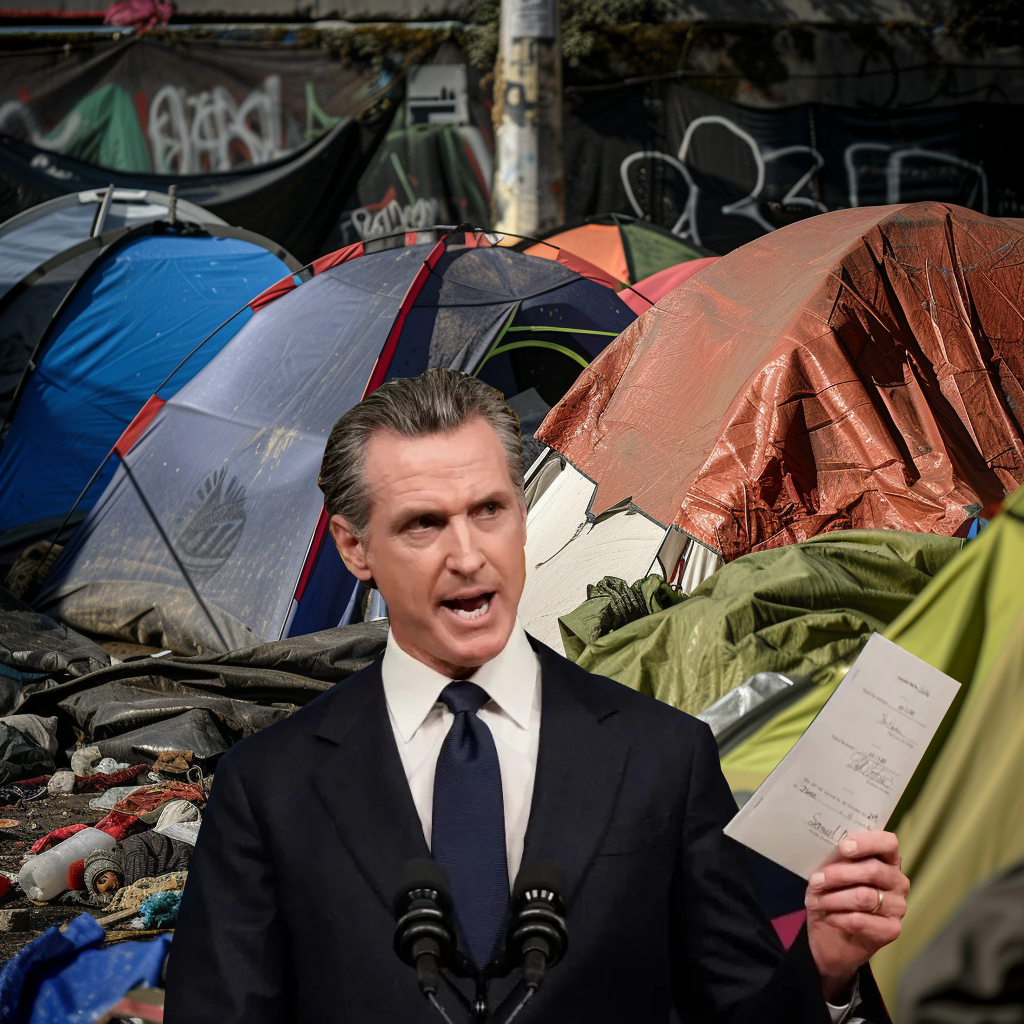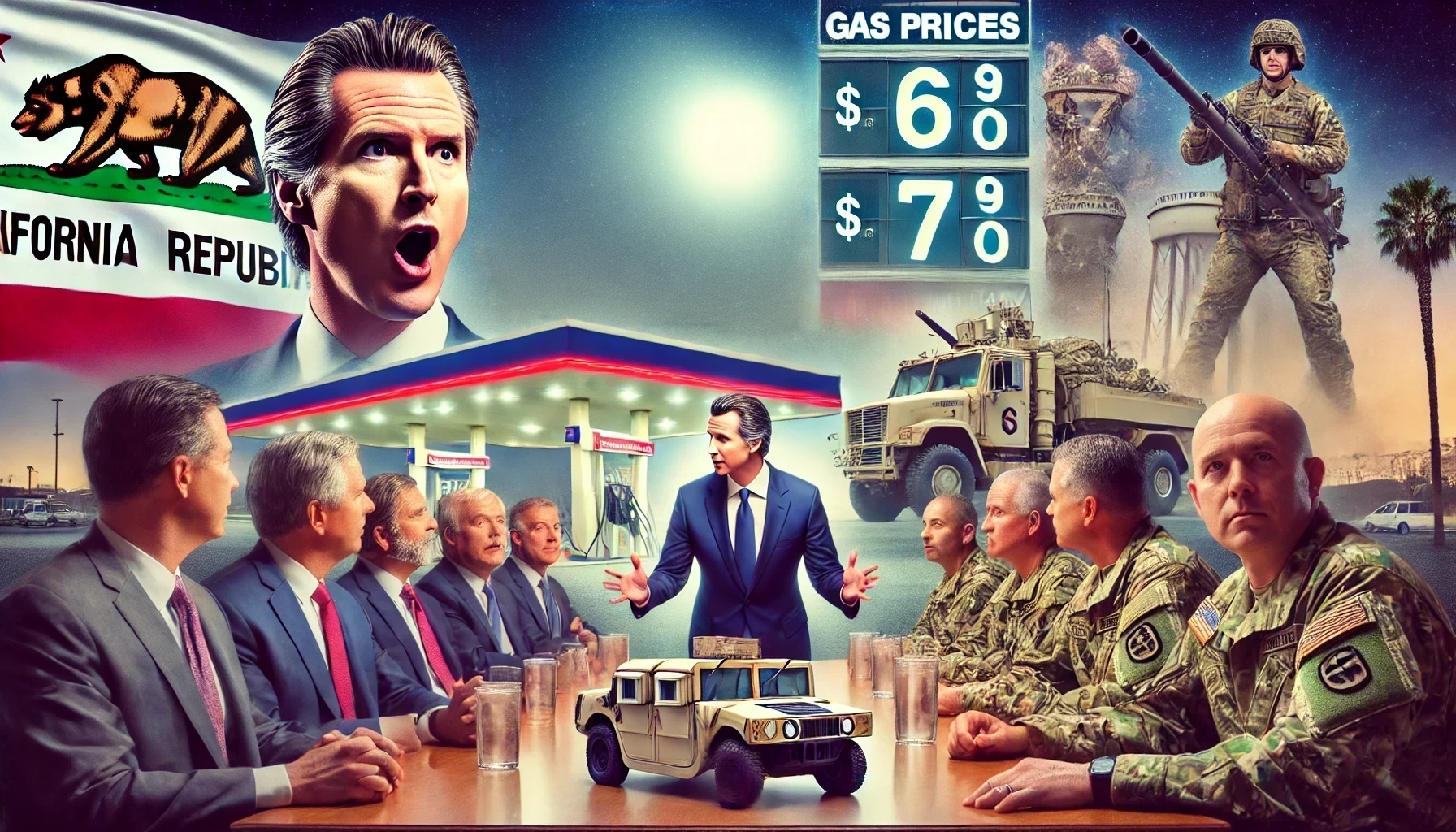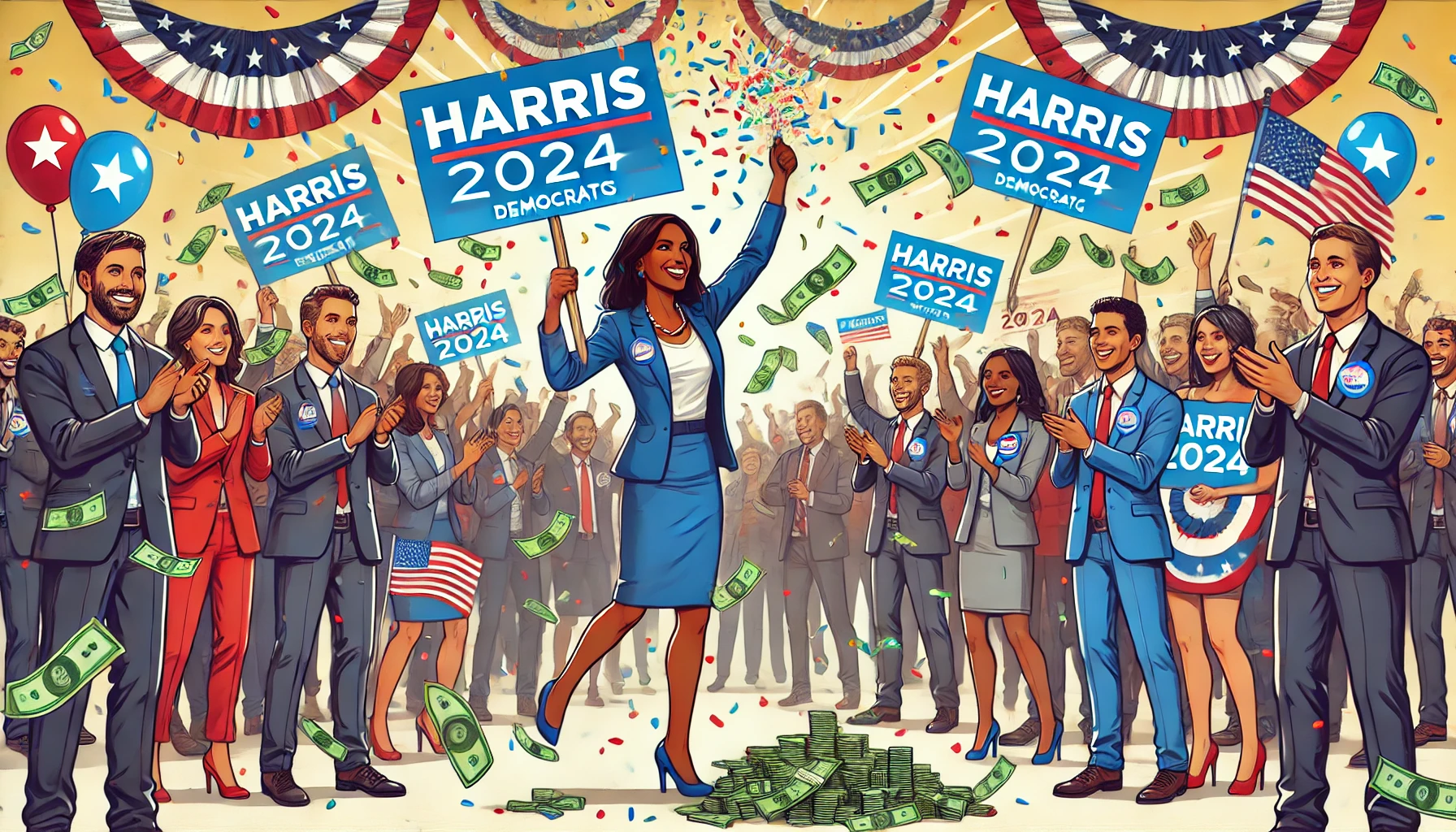In the world of politics, scandals have the potential to either dismantle a candidate’s reputation or, paradoxically, bolster their popularity. A particularly intriguing and controversial scenario is the release of an intimate video featuring a candidate for public office. In the case of Susanna Gibson, a candidate running to represent Virginia’s 57th District in the House of Delegates, the release of such a video may seem counterintuitive, but there are plausible arguments and historical examples suggesting that it could, under certain circumstances, enhance her electoral prospects rather than diminish them.
- The Humanizing Effect
One reason a sex tape scandal might surprisingly boost Susanna Gibson’s popularity is its humanizing effect. Political candidates are often viewed as distant figures, removed from the everyday experiences of the electorate. The revelation of a personal, intimate aspect of her life could make Gibson more relatable to voters. They may begin to see her as a flawed individual who, like everyone else, makes mistakes and has personal vulnerabilities.
In this context, how Gibson handles the situation could be crucial. Her ability to acknowledge her human imperfections, apologize if necessary, and express remorse could endear her to the public. Voters may appreciate her honesty and vulnerability, viewing it as a refreshing departure from the typically polished and scripted personas associated with politicians.
- The Sympathy Factor
A sex tape scandal can evoke sympathy from voters, especially if Gibson is portrayed as a victim rather than a willing participant. If the video’s release was unauthorized or coerced, the public may rally behind Gibson, perceiving her as a survivor of an invasive and cruel act. This outpouring of support could bolster her image and electoral chances.
- Rallying Against Unfair Tactics
If it becomes evident that the release of the video was part of a smear campaign orchestrated by political opponents, voters may unite in support of Gibson as a form of protest against such unethical tactics. People often find such dirty politics repugnant, and this could lead to a surge in sympathy and support for the beleaguered candidate.
- Heightened Media Attention
Sex tape scandals inevitably draw extensive media coverage, thrusting Gibson into the spotlight. While this attention may initially be negative, it provides an opportunity for her to control the narrative. Skillful crisis management, combined with a compelling story of redemption or resilience, could turn the media circus to her advantage.
- Diverting Focus from Other Issues
Sex tape scandals can sometimes overshadow other, potentially more damaging political issues or controversies. If Gibson manages the situation adeptly, it may divert attention away from other vulnerabilities, allowing her to maintain focus on her campaign promises and policy positions.
Historical Examples
Though sex tape scandals are relatively rare in politics, historical examples exist where candidates have seemingly benefited from such controversies. One notable case is that of former California Governor Arnold Schwarzenegger, who admitted to fathering a child with his housekeeper while married to Maria Shriver. Despite the initial shock and condemnation, Schwarzenegger continued to have a successful political career.
While the release of an intimate video featuring a candidate for public office is undoubtedly a highly sensitive and controversial matter, it is important to acknowledge the complexity of politics. Under specific circumstances, such a scandal could paradoxically enhance Susanna Gibson’s popularity rather than diminish it. Her ability to humanize herself, garner sympathy, and navigate the situation effectively, coupled with a public reaction against unethical political tactics, may contribute to her electoral fortunes. However, it is crucial to emphasize that the outcome of such scandals hinges on the context, Gibson’s response, and the perceptions of the voters.





